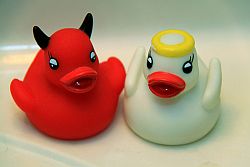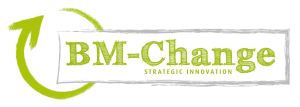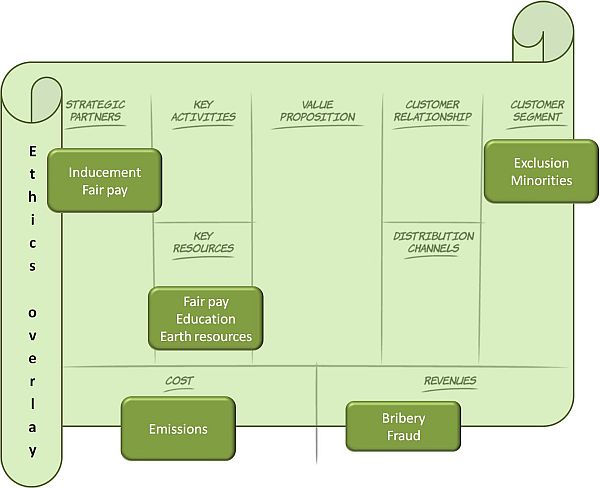 When I started working with business models, one of the first questions that crossed my mind was: Is it possible to predict if a business will be unethical by just analysing its business model? At that time I was reading “No logo” from Naomi Klein and I wondered if the use of sweatshops by multinationals was enforced by their business model or that it only was an implementation choice.
When I started working with business models, one of the first questions that crossed my mind was: Is it possible to predict if a business will be unethical by just analysing its business model? At that time I was reading “No logo” from Naomi Klein and I wondered if the use of sweatshops by multinationals was enforced by their business model or that it only was an implementation choice.
What makes business ethical?
First a few words on business ethics. Some argue that there’s no such thing as business ethics. See for example Seth Godin’s post on this topic. I tend not to fully agree with this statement. Although it is true that only human beings have a sense of morality, it is also known that in groups, individuals tend to adhere to the common values and norms that the group has agreed upon and developed over time. So when considering an organisation as a group of people, it makes sense to assume that there is something like business ethics which is embedded in the culture of an organization and which has developed over time. The root of an organizational culture then sprouts from the values and norms of the founders of the organization but is influenced by every new member that joined the organization.
Judging business
A second group that passes judgement on the actions of an organization is its environment. Various stakeholders have different ideas about what is good or bad and also their ideas change over time. 20 years ago, smoking was a socially accepted activity but this has been replaced with an aversion. Stakeholders have also improved means of communicating their ideas, as this gaming example of playsweatshop shows.
To summarise: what is good or bad organizational behaviour is determined by the members of the organization and the cultures of the environment in which it operates.
Business model view + cultural view = ethic’s view?
Back to my original question, can a business model say something about the ethical aspects of the business? The definition of a business model I use is in line with Osterwalder’s definition: a business model describes how an organization creates value. The answer to my question then would be clearly no, since culture is not a part of a business model and a business model does not contain any form of judgement. But maybe it’s possible to identify “ethical” weak spots in the model. For example, partner relations are vulnerable for inducement or bribery. Or the other way around, known weak spots in a business model pattern can provide focus and direction for ethics assessments. And by combining a business model view with a cultural view on an organization and its environment, possible conflicts in ethics might be detected before they materialize and cause reputational or other damage. A first attempt to visualize ethics in business models in shown in the image of an “Ethics overlay” below.


Congratulations with your new blog. Looks promissing!
Nice first posting. What comes in mind: ethics and business models are not married, true. But the complete package of a business will attract (more) customers. The package includes the marketing mix (4p’s) but also ethics, like environmenthal behaviour, (no) use of sweatshops in Asia, treatment of own personell etc. Public pressure in this global village is huge. If a company is behaving unethical and word gets out, damage is been done. And for good reason.
So ethics must be a in the core of the company’s DNA. A business model can be changed completely, company ethics can only move to higher standards.